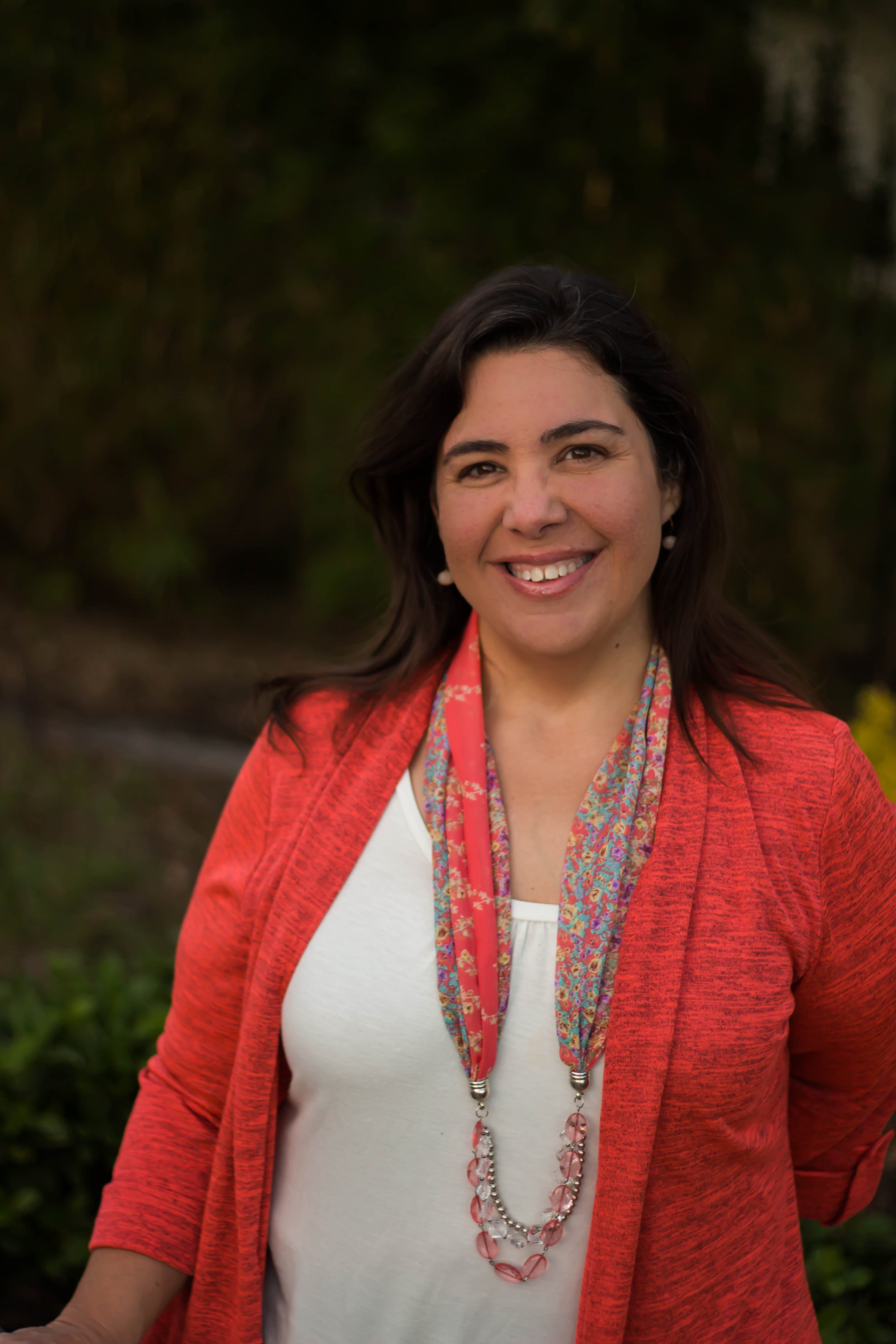
Ivonne Hernandez reflects on how God uses our desire for perfect love to lead us straight into His arms.
“There is nowhere to go, but down.” These were the “encouraging” words an older and wiser coworker of mine shared the day we found out our company was closing the site we were working at and we would soon be unemployed. I had landed the “perfect job” after college; the work was challenging, the pay was excellent, the coworkers were wonderful to work with, and my boss was amazingly supportive.
Those words proved to be kind of prophetic, as every work experience after that one failed to measure to the ideal I had just lived. It seemed that everywhere I went there were compromises to be made. I could have a good salary OR a flexible schedule; I could have challenging work OR supportive teammates. The disappointments and job dissatisfaction I experienced eventually led me to become a stay-at-home homeschooling mom, where there was nowhere to go but up.
“I always wanted to become a saint … Instead of being discouraged, I told myself that God would not make me wish for something impossible … I will look for some means of going to heaven by a little way which is very short and very straight. It is your arms, Jesus, which are the elevator to carry me to heaven. So there is no need for me to grow up. In fact, just the opposite: I must become less and less.” (St. Thérèse of Lisieux)
We have a built-in desire for perfect happiness, perfect love, perfect beauty, perfect truth. We search and seek, yet anything we set our sights on, in this world, has a limit, an ending. Once we climb to the summit of one mountain, we must come down and look for another, taller mountain to climb, yet no matter how high it is, it will never be enough. Still, we know that there is something, or rather someone, who will fulfill our deep desire, because, just like St. Thérèse said, “God would not make me wish for something impossible.” It is only when we plug in our desire for perfect love to the perfect love of Jesus on the Cross that our desire is fulfilled; anything less will leave us wanting. Like St. Augustine said, “Our hearts are restless until they rest in Thee.”
So, how do we “plug in” to His love on the Cross? We don’t do it…we rest in Him and let it be done to us. Every cross in our lives is an invitation to an encounter with Jesus; we either pick it up and follow Him, or we don’t … we can try to escape it, deny it, go around it, or drag it, but we will remain restless and unfulfilled. I’d like to share a little acronym I came up with when I was praying about this “rest.”
- Receive. We receive our cross from the hand of God, knowing that it is a gift of love.
- Experience. We allow ourselves to experience everything that comes with it, the pain, sorrow, disappointment, and fear.
- Surrender. We lay it all at His feet, and trust in Him (offer it at the Altar).
- Thank. Always and everywhere, for “We know that all things work for good for those who love God, who are called according to his purpose.” (Romans 8:28)
It is in that act of surrender and thanksgiving that our poverty meets His Majesty. It is there, at the foot of the Cross, where His arms, like rays of blood and water, reach down and carry us up to Heaven.
After a few years of trying to be a career woman and a working mom, God called me to serve Him from home. It is there I found mouths to feed, minds to fill, and what seemed like a string of endless, mindless chores. But behind each one of those chores hid a reason of love. When I remember that I am doing these for another eternal soul, everything changes; the things that didn’t seem to matter, matter now most of all. It is when we “scoot down” to serve others that Jesus lifts us up; this is the contradiction of the Cross, … where we go down, so we can then go up.

Copyright 2020 Ivonne J. Hernandez
Image: Josh Willink (2017), Pexels
This article appeared first on Elisheba House and is used here with permission.
About the Author

Ivonne J. Hernandez
Ivonne J. Hernandez is a Catholic wife, mother, writer, and speaker. She pursued a career in Computer Engineering before becoming a stay-at-home homeschooling mom to her three boys. She is a Lay Associate of the Blessed Sacrament, president of Elisheba House (non-profit Catholic media apostolate), and author of The Rosary: Eucharistic Meditations. For more information visit ElishebaHouse.com. Follow Ivonne on Facebook and Instagram.


.png?width=1806&height=731&name=CatholicMom_hcfm_logo1_pos_871c_2728c%20(002).png)
Comments